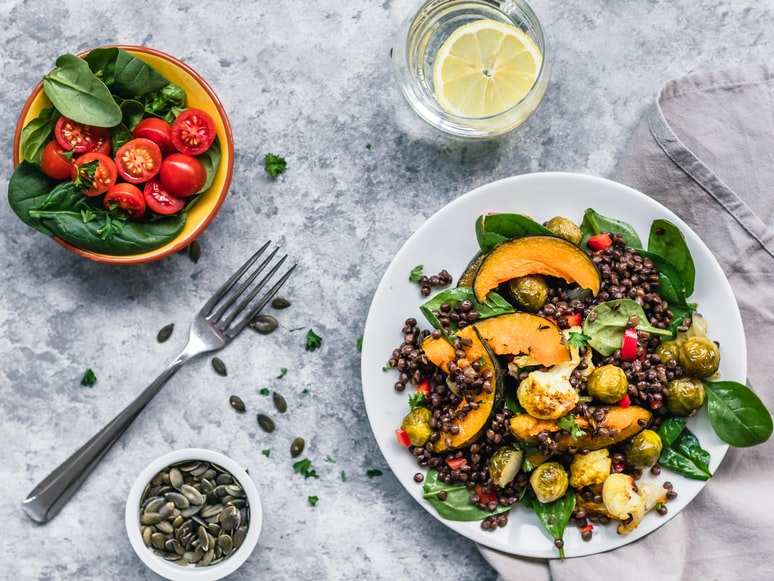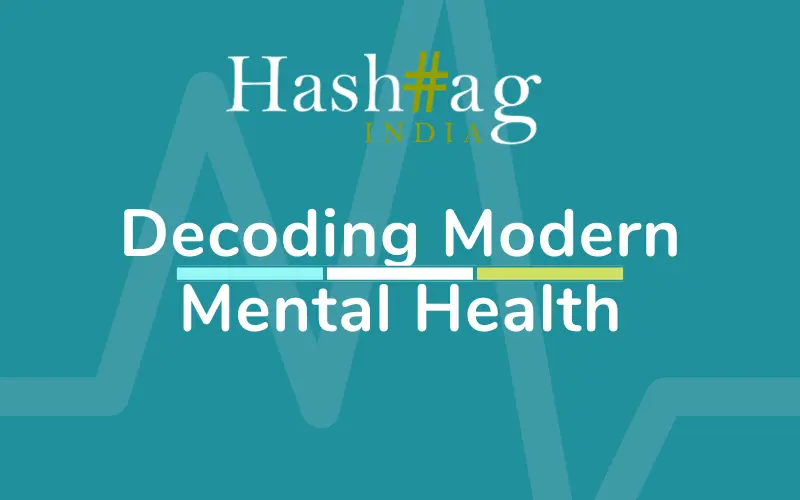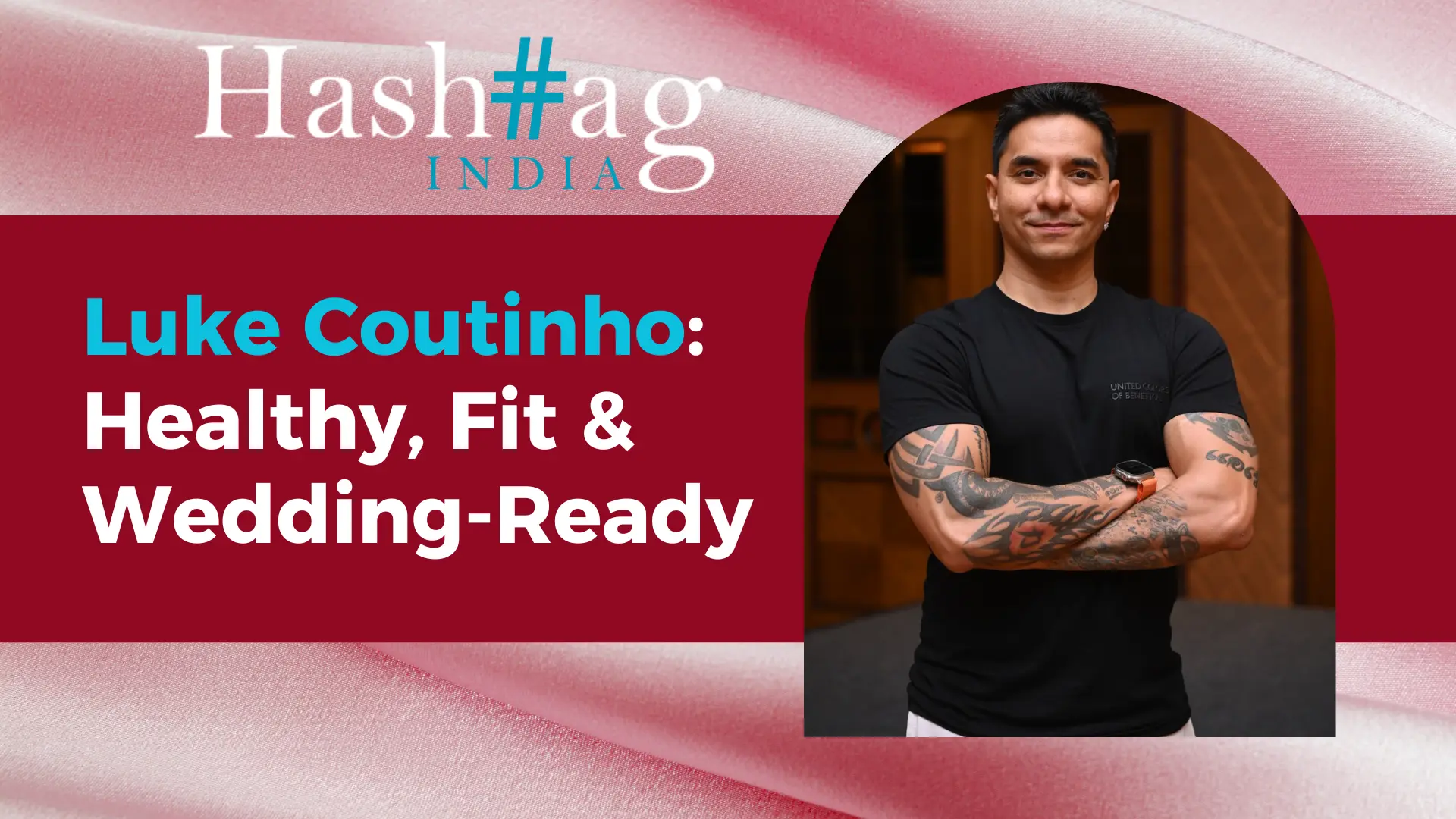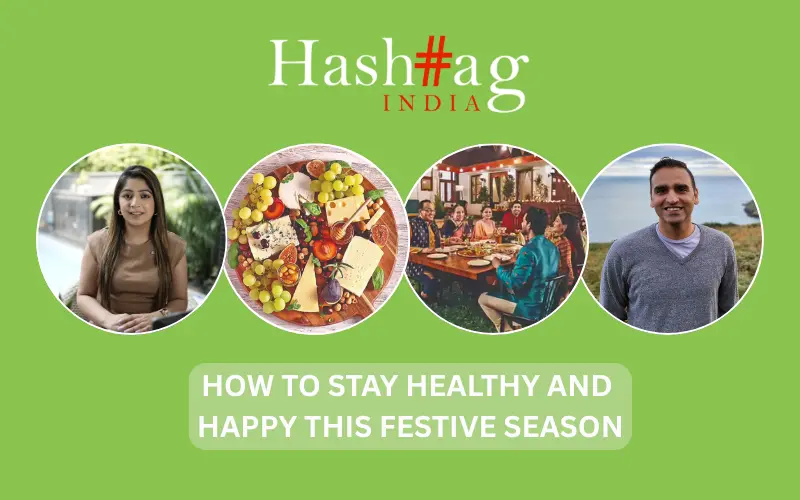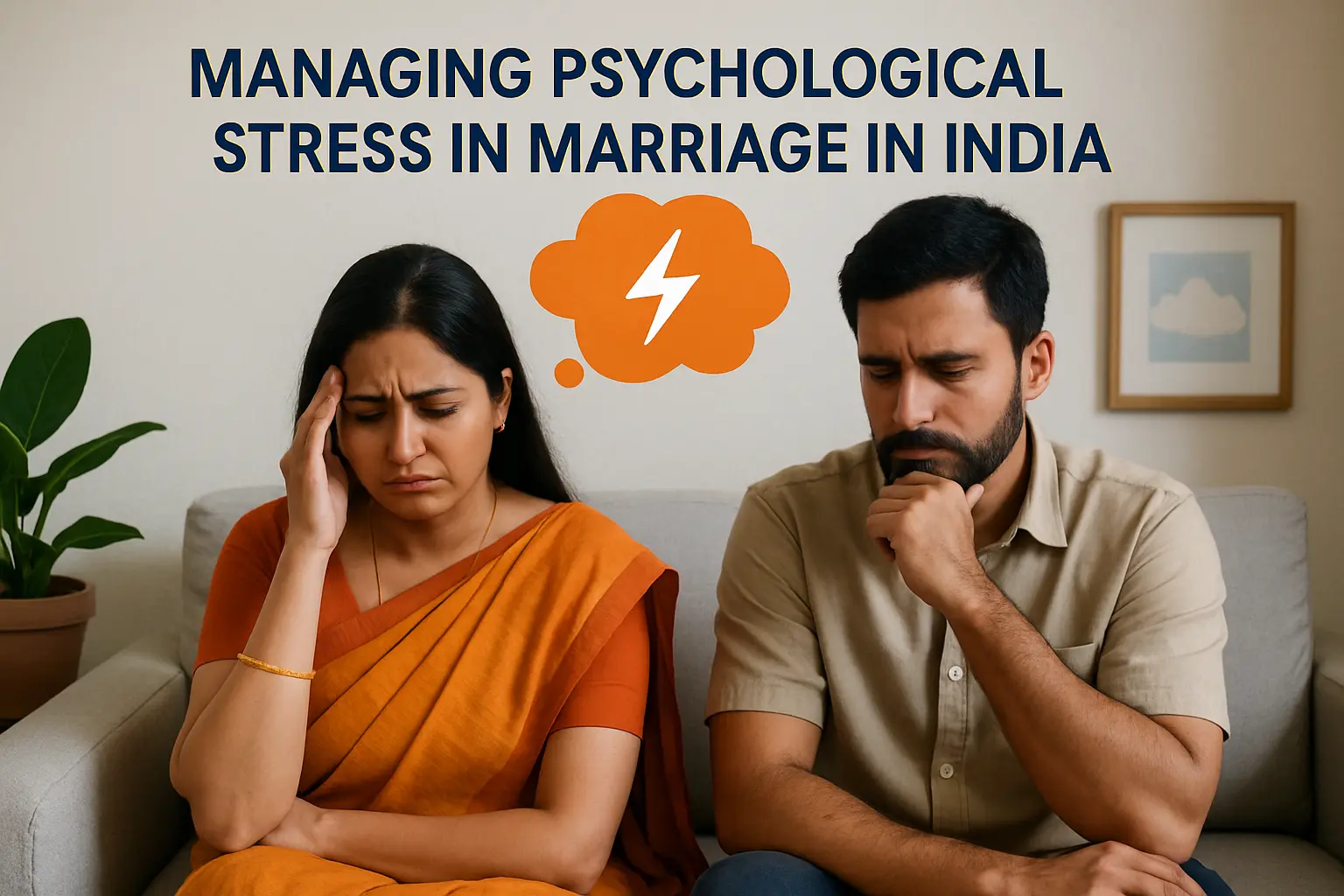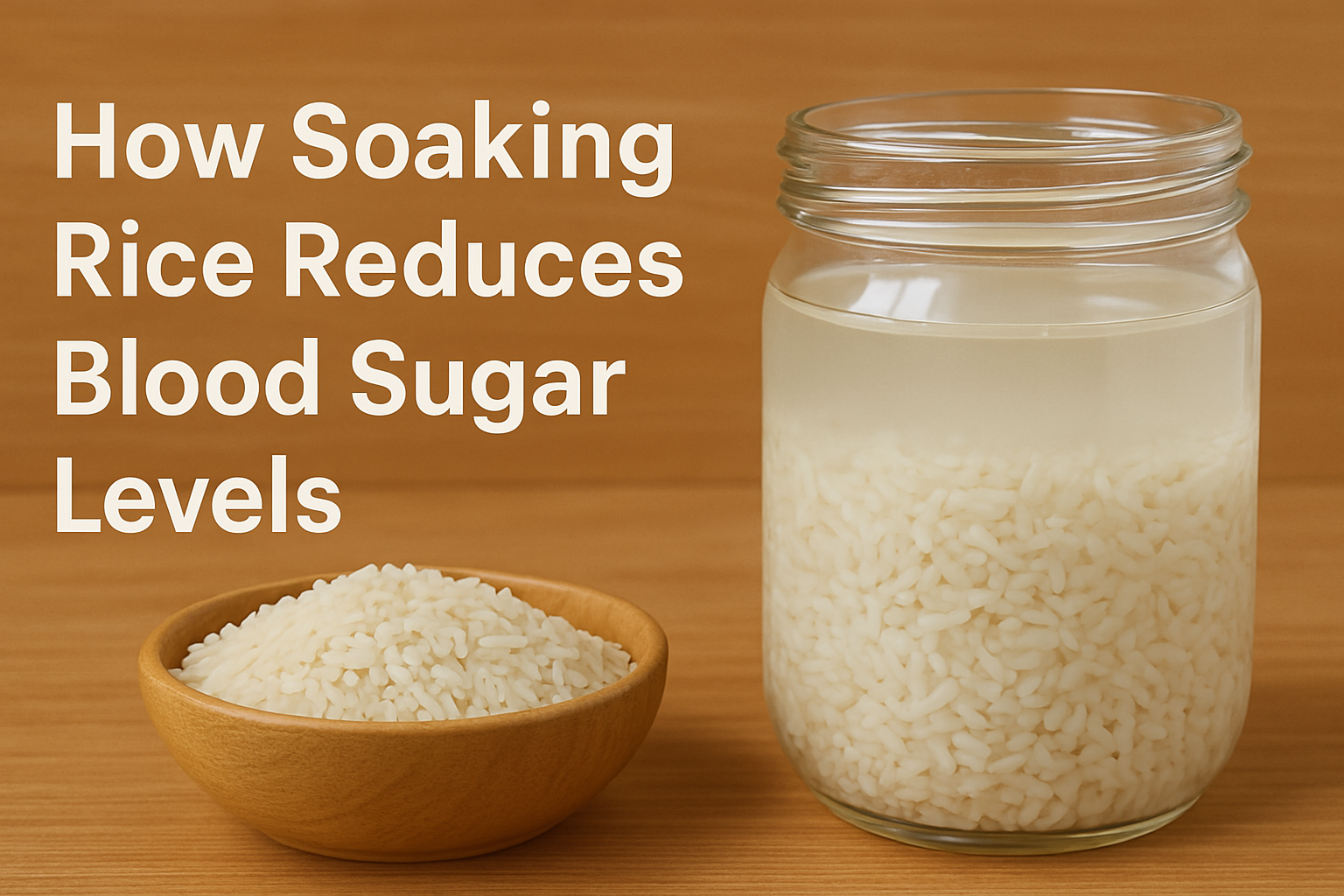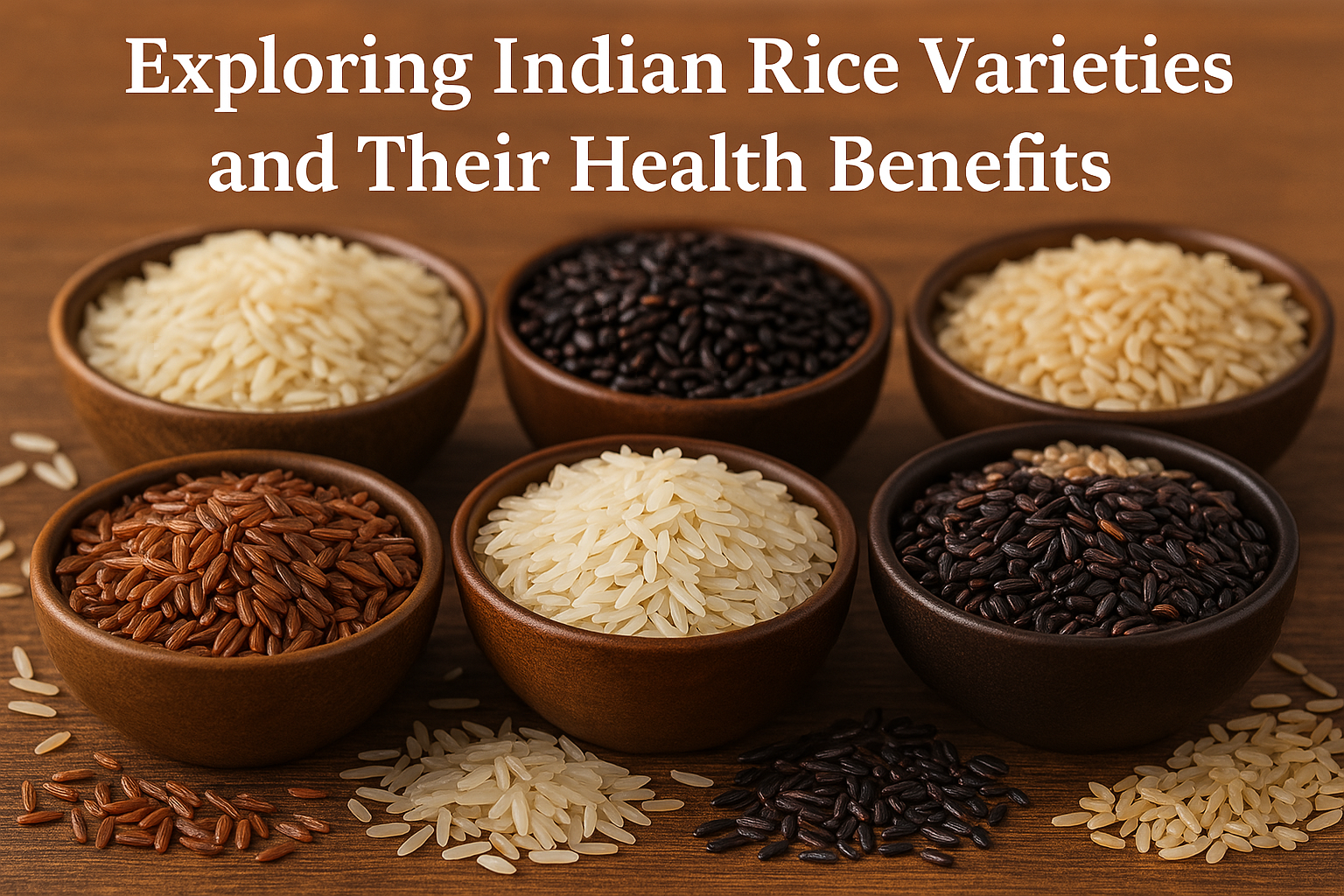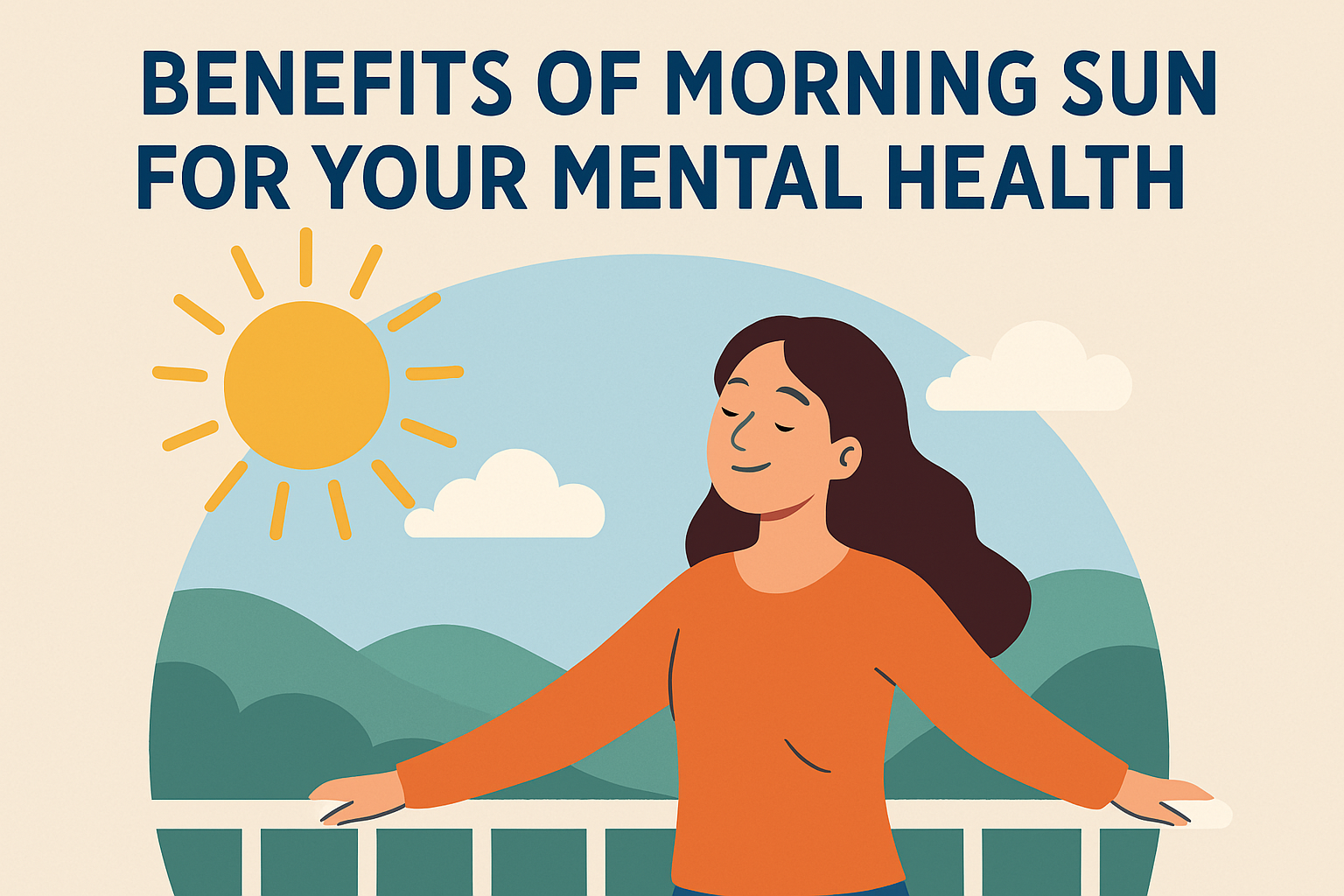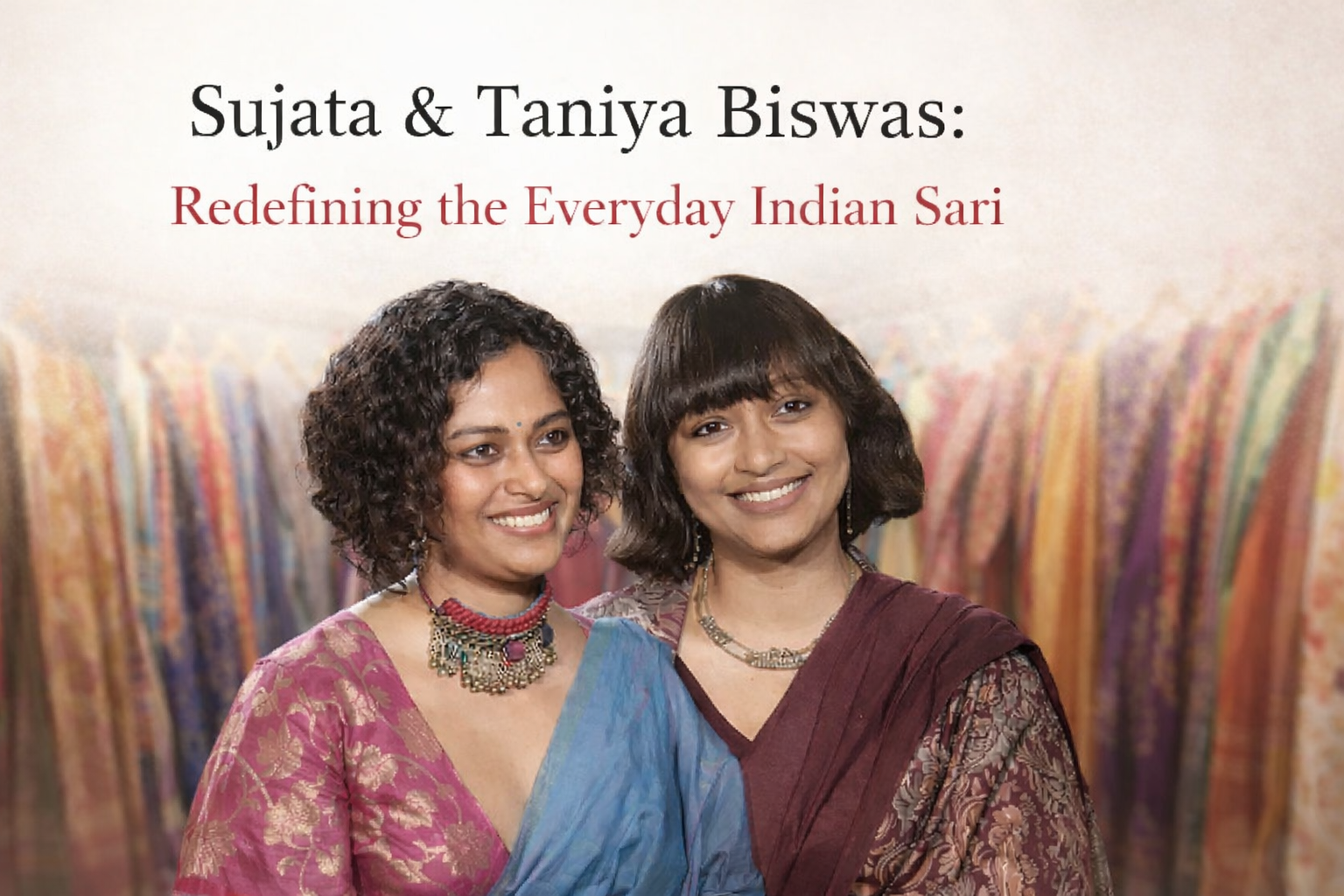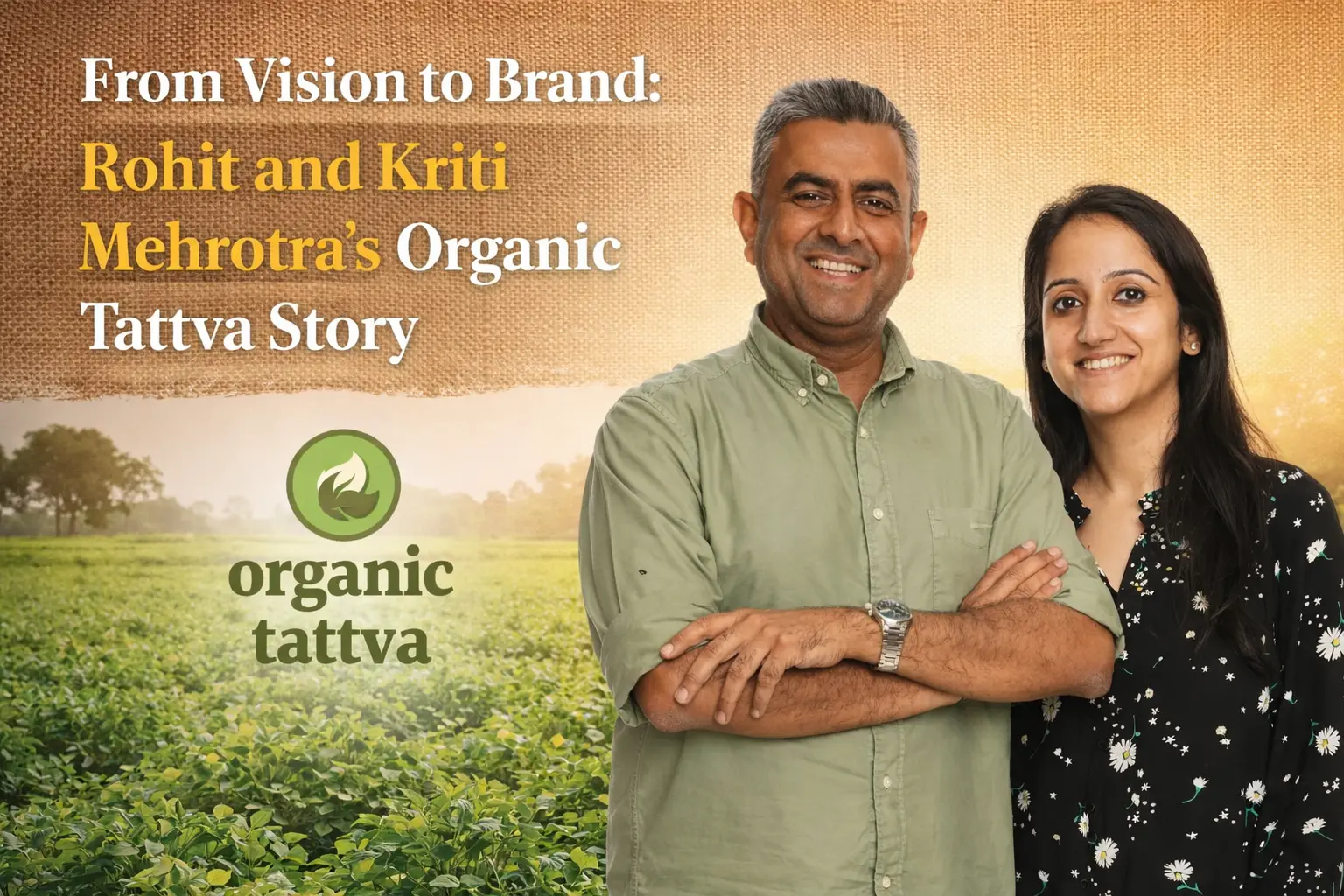Fasting is a safe and effective means of enhancing the body’s self-healing capacities. Fasting may not be a new concept however, there has been a recent surge thanks to several celebrities practising it and sharing its health benefits. Fasting has been practised for hundreds of years and plays a serious role in several cultures. Dr Vijeta Goyal, Diet and Lifestyle Consultant, talks about the health advantages of fasting.
Fasting is a great way to give your body a break, allowing your body to resume back to normalcy with more vigour. It also detoxifies your body, and the cleansing allows better nutrient consumption to the body and also helps with feeling better. Every year for a month, Muslims practice and celebrate Ramadan by abstaining from food from sunrise to sunset. Similarly, this concept is an integral component of the many alternative major non-secular traditions like Navratri for the Hindus, the 40 day month of Lent for the Christians and so on.
Is fasting supposed to be healthy and effective?
When done properly, fasting is actually superb. Fasting is a safe and effective means of enhancing the body’s self-healing capacities.
Fasting refers to the absence of either food, drink, or each at your own will for a precise span of your time. It might be done for restricted hours or as total fasting, within which no food or liquid is consumed for one or more days.
We all comply with the very fact that, health results from healthful living. Irrespective of what number days an individual will fast or however undefeated his/her fasting expertise may be, it has to be followed by a healthy lifestyle afterwards.
Apart from the obvious benefit of detoxification of mind and body, the health advantages of fasting include, quicker healing, healthy skin, and secretion of growth and anti-ageing hormones. It’s conjointly sensible for the digestive system because it boosts metabolism, lowers cholesterol levels, and reduces appetence, thereby keeping weight and flabbiness in check. It provides relief from arthritis and alternative inflammatory diseases.

Health Benefits of Fasting
1) Promotes detoxification and weight loss: The way it works is, when we don’t consume food for an amount of your time, the body utilises fat deposits for energy, which releases chemicals from the fatty reserves and leads to the elimination of toxins through the organs. As several studies have shown that fasting, even intermittent ones, allow the body to use fat as its primary supply of energy rather than sugar.
2) Regulates blood glucose levels: Many studies have found that a lot of chronic conditions respond well to fasting along with lifestyle changes. Therefore, a polygenic disease like hypertension, cardiovascular diseases or diabetes is not an exception.
Intermittent and alternate-day fasting is effective in reducing hypoglycemic agent resistance. Fasting facilitates a steady blood glucose level; it bars spikes and prevents crashes in your glucose levels through a rigorously followed diet and lifestyle program.
Fasting has a positive impact on hypoglycemic agent sensitivity; complete abstinence from food permits the body to employ carbohydrates higher.
3) Facilitates overcoming addiction: Fasting may dramatically cut back the withdrawal symptoms caused due to the addition of alcohol, smoking, sugar and caffeine. The majority are stunned at how simple it is to quit smoking, alcohol and even tea.
4) Fights inflammation: Acute inflammation may be a traditional response of our system to fight infections; chronic inflammation like atrophic arthritis, cardiovascular disease or cancer can have damaging effects on health.
Some studies have found that controlled fasting will speed up the healing and reduce the level of inflammation, thus promoting better health.
5) Enhances heart health: It’s a incontrovertible fact that a change in your diet and lifestyle is one among the foremost effective ways to scale back your risk of cardiomyopathy. Cardiopathy is one among the leading causes of death globally, most cases of vessel diseases respond to conservative care. Thus, fasting may lower the chance of coronary cardiopathy, blood pressure level, blood triglycerides, total cholesterol and “bad” cholesterol.
6) Enhances gut health: With today’s lifestyle we have a tendency to spend most of the time sitting for long hours and be constantly stressed. Coupled with this, issues like oesophagitis, gastritis, colitis, constipation and bloating have become common ailments. Intermittent fasting provides rest to the digestive system and may regulate digestion and promote healthy viscus movements and performance.

Complete abstinence from food and drink or only refraining from food, facilitates the body to alleviate itself from discomfort, pain and illness.
Fasting also heightens your awareness and appreciation for food. It ‘re-tunes’ the body for long lasting and glowing health. If somebody desires to prevent the vicious circle of self-destruction or any reasonable addiction, fasting is his or her best chance.
Having said that, it is best to consult a doctor before one includes fasting in their lifestyle, especially if one suffers from any kind of condition.

